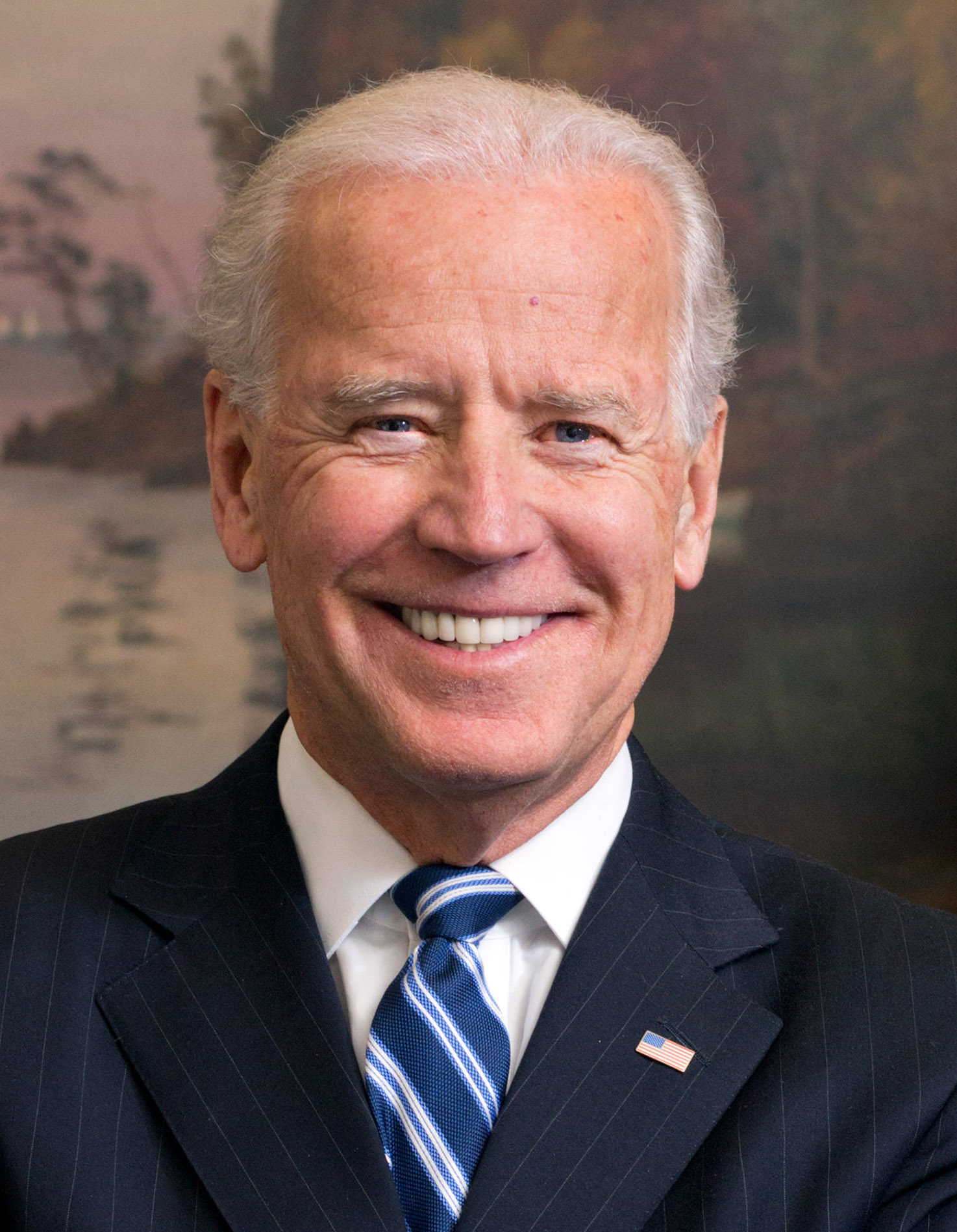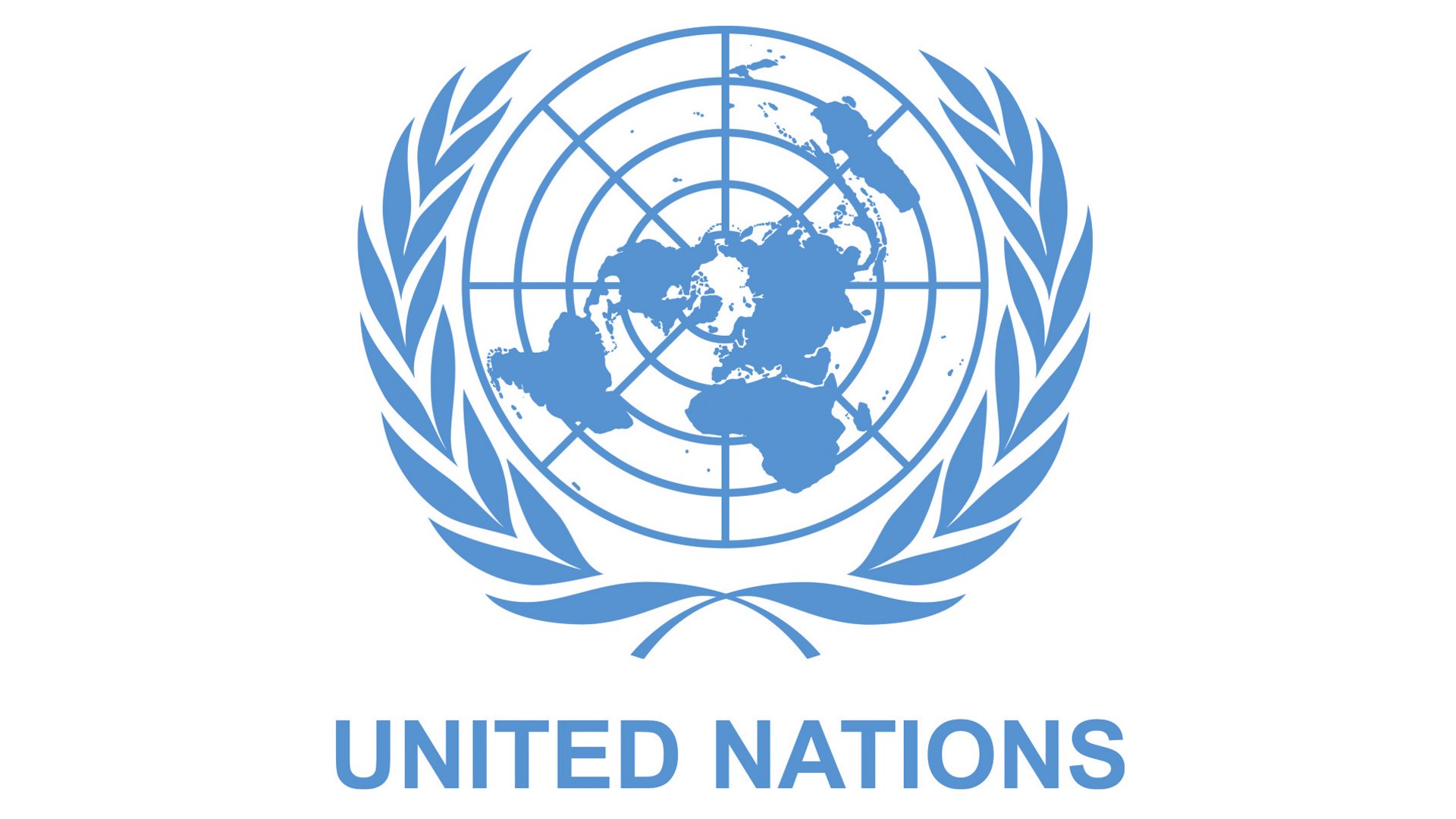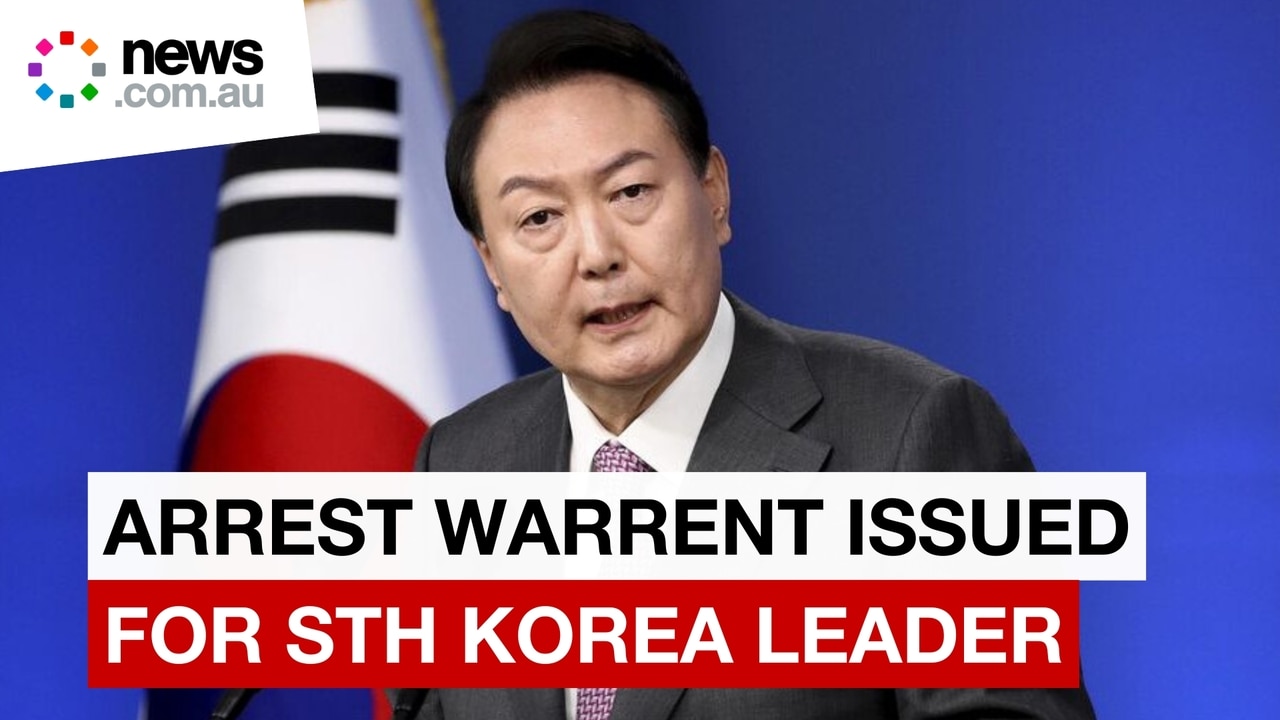- South Korean investigators withdrew from attempting to detain impeached President Yoon Suk Yeol due to resistance from his security forces and concerns for safety. TheTimes.co.uk
- Yoon is accused of insurrection for declaring martial law, citing threats from "anti-state forces," with the warrant valid until January 6. APNews.com
- Thousands of Yoon's supporters protested outside his residence, blocking investigators and waving South Korean and American flags. ABCNews.go.com
- Yoon’s security forces cited legal protections for state secrets to block entry, while critics claim the warrant is invalid. DW.com
- The Constitutional Court is deliberating Yoon’s impeachment, and if upheld, he could face life imprisonment or the death penalty for rebellion. CBSNews.com
Supporters of President Yoon Suk Yeol view the attempted detainment as a politically motivated act by opposition forces aiming to undermine democracy. They believe Yoon's declaration of martial law was necessary to counteract 'anti-state forces' and maintain national stability. The presence of thousands of protesters, waving South Korean and American flags, underscores their belief that the opposition's actions threaten the nation's democratic fabric and sovereignty.
Critics of Yoon argue that the declaration of martial law was an abuse of power, reflecting authoritarian tendencies incompatible with a democratic system. They assert that the attempted detainment is a necessary step to uphold the rule of law and hold leaders accountable. The opposition highlights Yoon's defiance of legal summons and his use of security forces to obstruct judicial processes as evidence of his disregard for democratic principles.
Observers view the standoff as emblematic of a broader institutional crisis, where the interplay between executive authority and judicial independence has reached a critical impasse. The event reflects deep political polarization, with both sides entrenched in conflicting narratives. This paralysis, compounded by mass protests and an uncertain impeachment outcome, risks destabilizing South Korea's governance and undermining its international reputation.
Details
Analysis
Bias

Reactions
The article underscores the severity of the charges, such as treason and rebellion, and points out his defiance against the accusations, painting a critical picture.
Read full article
The article details protests and criticism of Yoon’s martial law declaration, framing his actions as overreaching and sparking broad public and political opposition.
Read full article
The reporting highlights accusations of unconstitutional conduct, public outrage, and opposition calls for accountability, presenting Yoon in a critical light.
Read full article
The article discusses public protests and the impeachment process, emphasizing Yoon’s declining approval and political isolation.
Read full article
Negative
Sentiment
The article emphasizes the sequence of legal events, such as the preliminary hearings and statements from lawyers and representatives, without delving into evaluative or emotionally charged language.
Read full article
The article describes the stand-offs with security forces and legal counterarguments objectively, emphasizing the legal framework and responses from involved parties.
Read full article

The reporting outlines key dates and legal discussions, such as the Constitutional Court's hearings, while avoiding evaluative or emotionally loaded statements.
Read full article

The article provides a play-by-play of events, such as the number of investigators and clashes at the presidential residence, without evident bias in language or tone.
Read full article
Neutral
Sentiment
Positive
Sentiment




